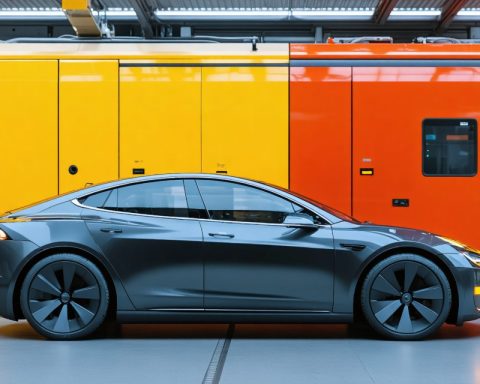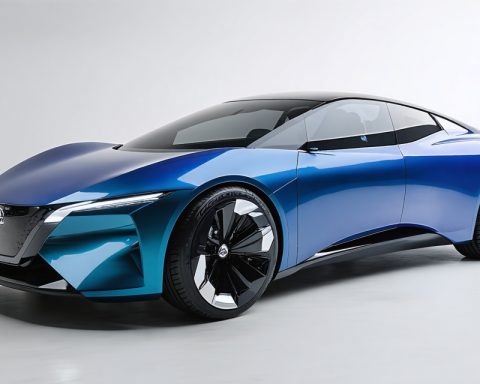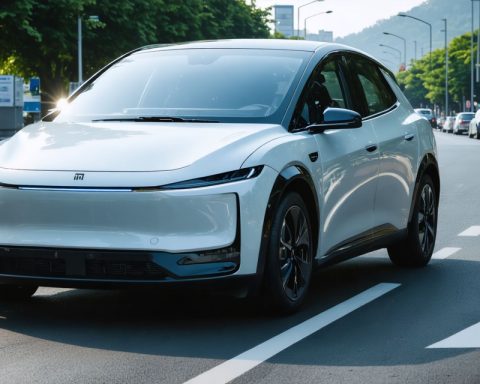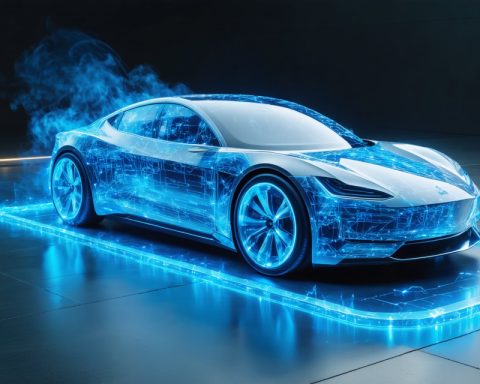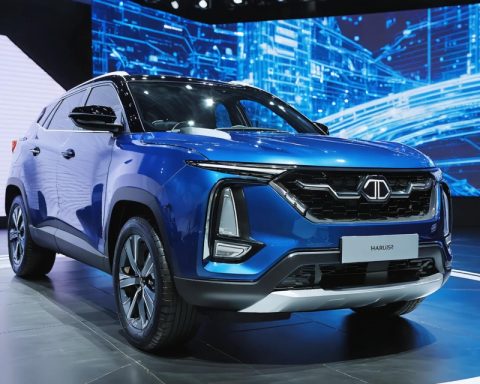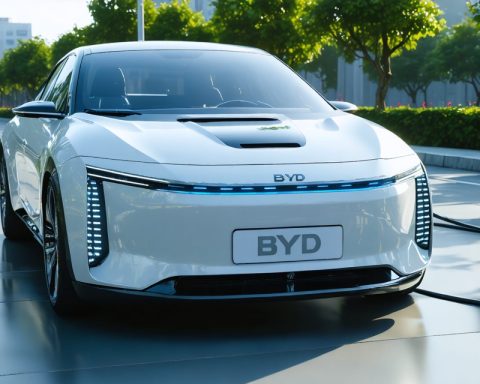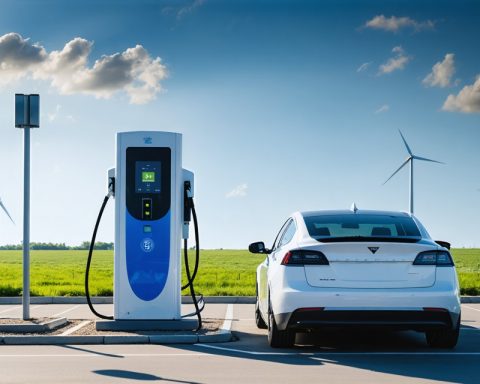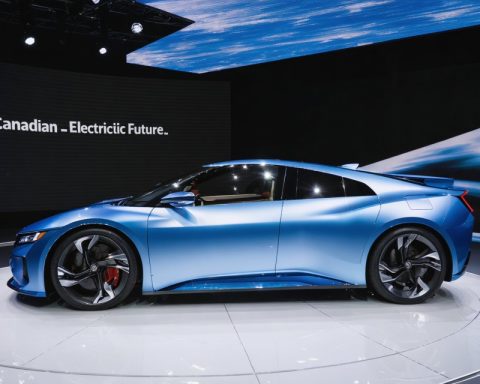Electric Vehicles
Electric Vehicles (EVs) are automobiles that are powered by electric motors instead of internal combustion engines. They use electricity stored in batteries to provide energy for propulsion. EVs can be recharged from various sources, primarily through electric power grids. Unlike traditional vehicles that rely on gasoline or diesel fuel, electric vehicles produce zero tailpipe emissions, contributing to reduced air pollution and greenhouse gas emissions. There are different types of electric vehicles, including:1. **Battery Electric Vehicles (BEVs)** – which run entirely on electric power and have no gasoline engine.
2. **Plug-in Hybrid Electric Vehicles (PHEVs)** – which combine a conventional internal combustion engine with an electric propulsion system, allowing them to operate on electric power alone for a certain distance before switching to gasoline.
3. **Hybrid Electric Vehicles (HEVs)** – which utilize both an internal combustion engine and electric propulsion, but cannot be plugged in to recharge.The growing popularity of electric vehicles is driven by advancements in battery technology, environmental concerns, government incentives, and a shifting automotive landscape towards sustainability.
